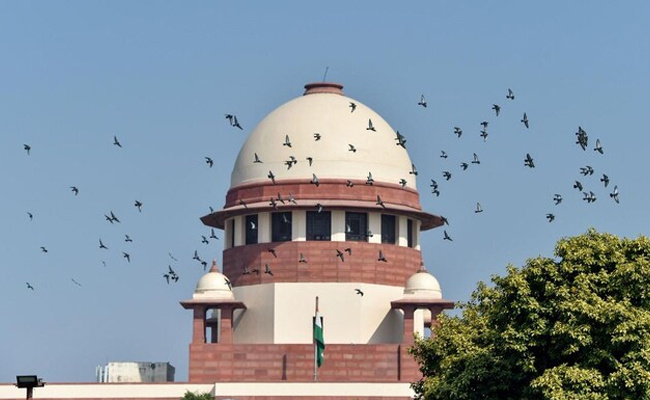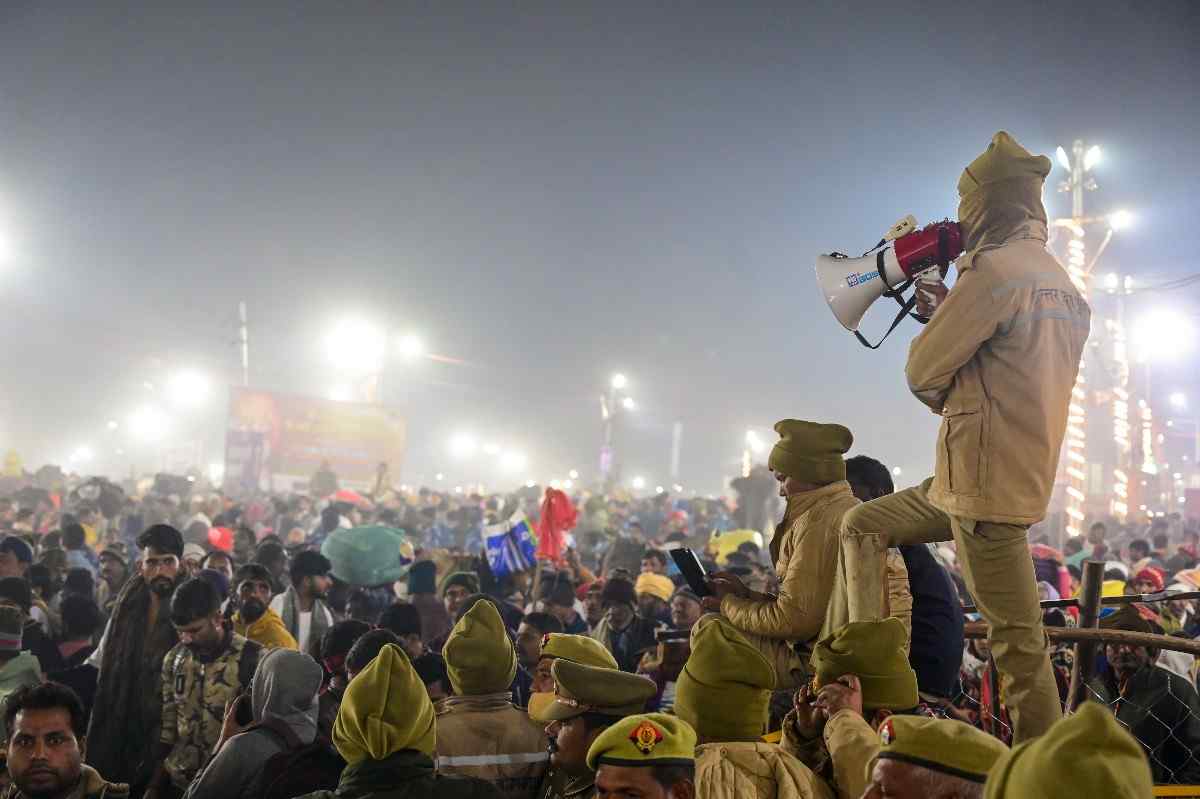New Delhi: The Union Government has informed the Supreme Court that there is no intention to introduce a separate law on bail, stating that the provisions under the Bharatiya Nagarik Suraksha Sanhita (BNSS) 2023 are sufficient.
In response to the Supreme Court's inquiry about the potential for a new Bail Act, the government clarified that the BNSS, which replaced the Code of Criminal Procedure (CrPC) on July 1, 2024, includes comprehensive provisions related to bail and bail bonds in Chapter XXXV.
In its affidavit, the Ministry of Home Affairs stated, "As the provisions relating to Bail and Bonds in Chapter-XXXV of the Bharatiya Nagarik Suraksha Sanhita (BNSS), 2023 are considered adequate, there is no proposal to bring a separate law on 'Bail.'"
This response follows the Supreme Court's 2022 ruling in Satender Kumar Antil v. Central Bureau of Investigation, where the Court had suggested the enactment of a dedicated Bail Act to streamline the bail process. The Court had further urged the government to report on the possibility of such a law.
The Court had pointed to the UK's Bail Act, which is a comprehensive law governing bail procedures, and suggested that India should have a similar legal framework. It highlighted the issues of overcrowded prisons, the granting of bail before and after conviction, and the role of both the investigating agency and courts in bail decisions. The Court emphasized the need for a specific bail law, noting that the CrPC was largely based on colonial-era provisions with only modifications made post-independence.
Additionally, the Union Government informed the Court that detailed Guidelines and a Standard Operating Procedure (SOP) for the 'Support to Poor Prisoners' Scheme had been issued to States and Union Territories in June 2023. The government recommended that an Empowered Committee be set up at the district level and an Oversight Committee at the state level for the effective implementation of the scheme.
Let the Truth be known. If you read VB and like VB, please be a VB Supporter and Help us deliver the Truth to one and all.
New Delhi (PTI): AAP chief Arvind Kejriwal on Wednesday responded to the Election Commission notice over his claim the Haryana government was "mixing poison" in Yamuna, and said raw water received from the BJP-ruled state in the recent past has been "highly contaminated and extremely poisonous" for human health.
In the 14-page reply to the Election Commission, the former Delhi chief minister said if such "toxic water" is allowed to be consumed by human population it would lead to grave health hazard and fatality.
Kejriwal said he only wanted to highlight the "urgent public health crisis" due to the quality of drinking water in the city, and he violated no law or Model Code of Conduct, hence the issue should be closed.
He said the "alleged statements" attributed to him were made as it was his public duty to red flag the "severe toxicity and contamination" of raw water received from the BJP-ruled state.
Following a complaint filed by the BJP over the matter, the Election Commission issued the notice to Kejriwal on Tuesday, giving him time till Wednesday 8 pm to furnish his reply.
Kejriwal also said the ammonia level in raw water received from Haryana was so "extreme" that water treatment plants in Delhi are unable to process and bring it down to safe and permissible limits for human consumption.
Following their party chief's response, the AAP issued a statement, saying, "It is an undisputed fact that there is 7 ppm ammonia in Yamuna water, A Delhi Jal Board CEO letter admits toxicity is 700 percent higher than the permissible limit."
In his response to the EC, Kejriwal also alleged that Haryana's "failure" in controlling pollution in Yamuna has resulted in an "unprecedented public health crisis" in Delhi. He alleged "indiscriminate" discharge of industrial waste in the river by the state.
The AAP supremo said Haryana is an upper-riparian state and Delhi, ruled by his party, has no role to play in the high level of toxic water being made available to the city.
"Due to such high level of toxic content in the raw water supplied by Haryana, the water treatment plants in Delhi are operating below capacity and there is a shortage of treated water in Delhi," he claimed.
Saying that access to clean water is a basic human right, the AAP chief asserted that raising this critical issue cannot be considered an offence.
"The said statement by no stretch of the imagination can be termed inciting enmity between different groups or prejudicial to national integration," he said.
On the contrary, the substance and purpose of these statements are rooted solely in the public interest, aimed at highlighting a legitimate civic concern that requires urgent institutional intervention, he asserted.
He requested the EC to intervene in the matter and issue appropriate directions to Haryana so safe water is made available to the people of Delhi.





